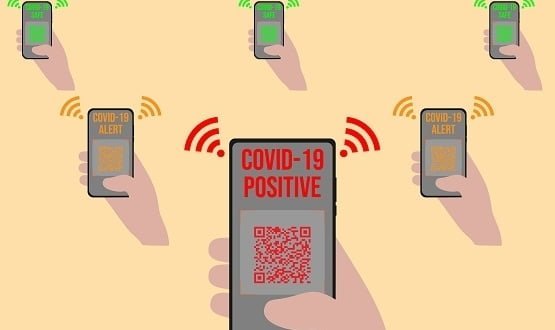MiBand personal activity monitor launched
- 22 October 2008
 |
| The MiLife MiBand |
A new type of wrist-worn activity monitor has been launched which is said to lead to higher levels of physical activity, contributing to healthier lifestyles.
The MiBand wireless activity monitor, uses a three-way accelerometer to continuously track a users’ activity levels throughout the day. Data is wirelessly transmitted using Bluetooth and automatically uploaded to an online personal health record.
The MiBand activity monitoring device requires very little user-input and sends its data to a behavioural coaching system, MiLife, which then provides health and fitness guidance. Initial user trials are said to have shown increases in activity levels of more than two hours a week.
The device is claimed to be comfortable to wear and easy to use, with all operations being performed via a minimal user interface based on a capacitive touch sensor.
MiBand was developed for MiLife Coaching Ltd by Cambridge Consultants, and is available in the United Kingdom and the United States of America.
MiBand features an integrated accelerometer that measures activity levels throughout the day based on movement. This data is combined with weight measurements, taken remotely from a special set of MiLife ‘Bluetooth Smart Scales’ that transmit automatically.
The data is transmitted wirelessly via Bluetooth to a PC and then uploaded to the individual’s online health record, which then provides personalised advice based on the individual’s lifestyle.
 |
The MiBand tracks the user’s activity levels and weight to help them create a plan for a better, more healthy lifestyle. The company says over 80% of people on MiLife stayed with the programme and became much more active, increasing their activity level by more than 2 hours per week.
Health problems linked to low levels of physical activity have grown dramatically in recent years. In England alone, between 1993 and 2005, the proportion of individuals classified as obese has increased from 13.2% to 23.1% for men and from 16.4% to 24.8% for women [NHS statistics]. Desk-based jobs and poor diets have contributed to this trend.
Cambridge Consultants provided complete wireless, electronic, software and mechanical product design from development to manufacture of MiBand. Ultra low power design techniques were employed to enable the device to continually monitor activity levels for up to two weeks between charges.
Paul Williamson, Head of Wireless Medical at Cambridge Consultants said, “The exemplary achievement with MiBand is that we were able to combine our expertise in wireless communication and consumer product development to deliver a device that monitors activity in a form that is comfortable and easy to use. Despite its internal complexity, MiBand is extremely simple to use, requiring only a small commitment of time from the user.”
Ogi Bataveljic, CTO at MiLife Coaching Ltd commented, “The MiBand activity monitor was an essential component in the creation of our business.”
He added: “Their solution was technologically sophisticated, packaging an accurate activity tracker in a user-friendly design with a simple user-interface. We are delighted with the final product.”
Link




